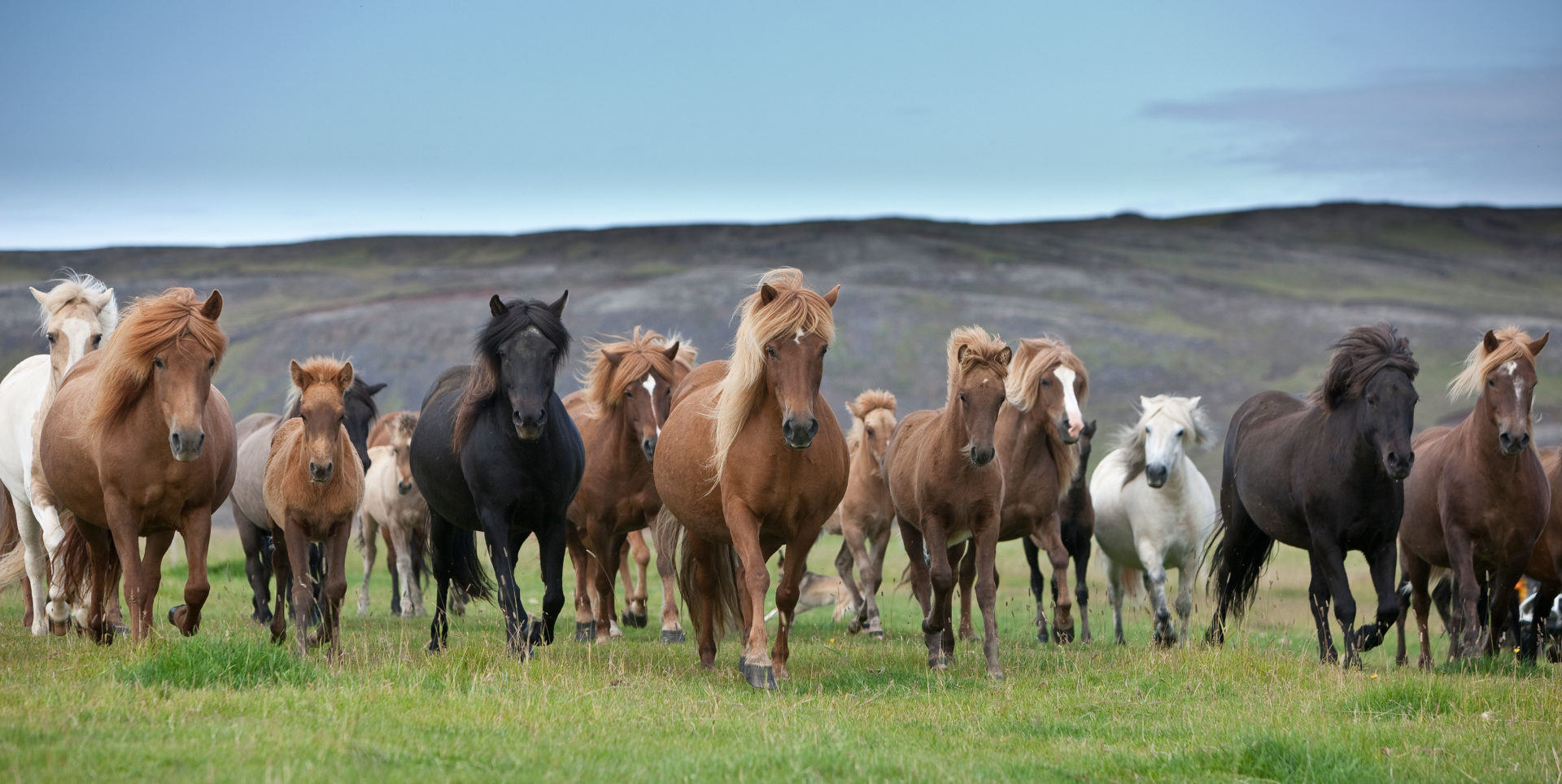Bird flu can infect horses without causing any symptoms, new research has found.
Scientists at the University of Glasgow found antibodies for the H5N1 virus (bird flu) in blood samples taken from horses living in Mongolia.
The research, which was published in the Journal of Emerging Infectious Diseases, has raised fears that the virus could be spreading undetected.
There is a concern that a horse infected with equine flu may get simultaneously infected with bird flu and the viruses could swap genetic material and evolve rapidly.
Professor Pablo Murcia, who led the research, told Sky News that the finding suggests horses worldwide could be vulnerable in areas where bird flu is present - and they could pass on the virus to humans.
 A herd of horses, Alamy.
A herd of horses, Alamy."It's very important, now we know these infections can occur in nature, that we monitor them to detect them very rapidly," he said.
"Horses, like many other domesticated animals, live in close proximity to humans and if this virus was to establish in horses the probability of human infection increases."
The H5N1 virus has been around for several decades, largely causing outbreaks in poultry.
In recent years, a new variant has spread worldwide through migrating birds and it has jumped species to infect mammals.
Testing
According to the Centers for Disease Control, 700 herds of cows in 15 states have been infected with bird flu.
60 farm workers have also been infected but their symptoms have been mild so far.
US authorities are introducing new rules to test raw milk for the virus.
The UK Health Security Agency have said bird flu is highly unlikely to affect cows in Britain and the risk to the public is low.
An order has been placed for 5 million doses of a vaccine against the H5 family of viruses in the event that bird flu begins to spread to humans.
Reporting by IRN.
Feature image shows two horses in a field, Alamy.









